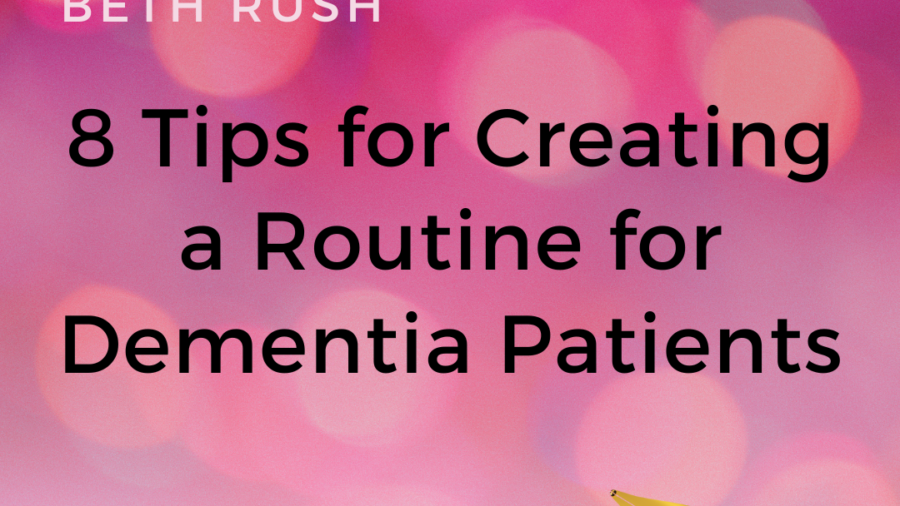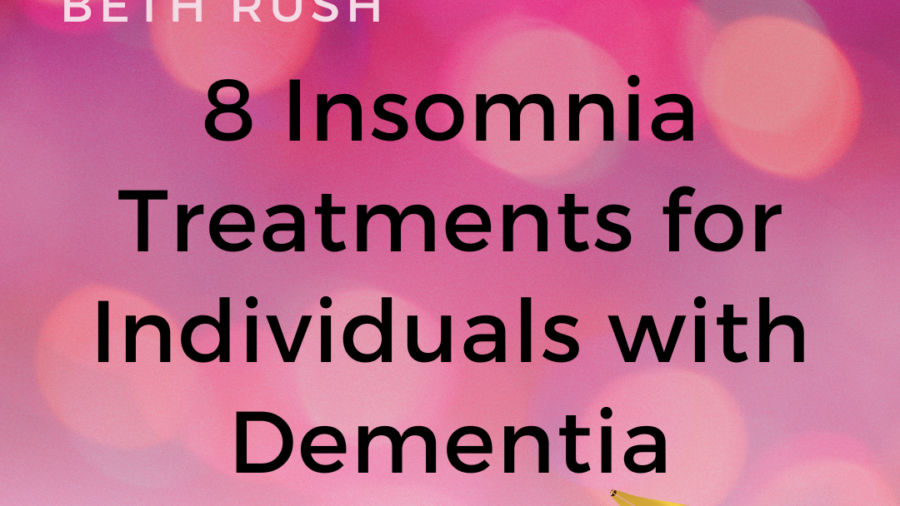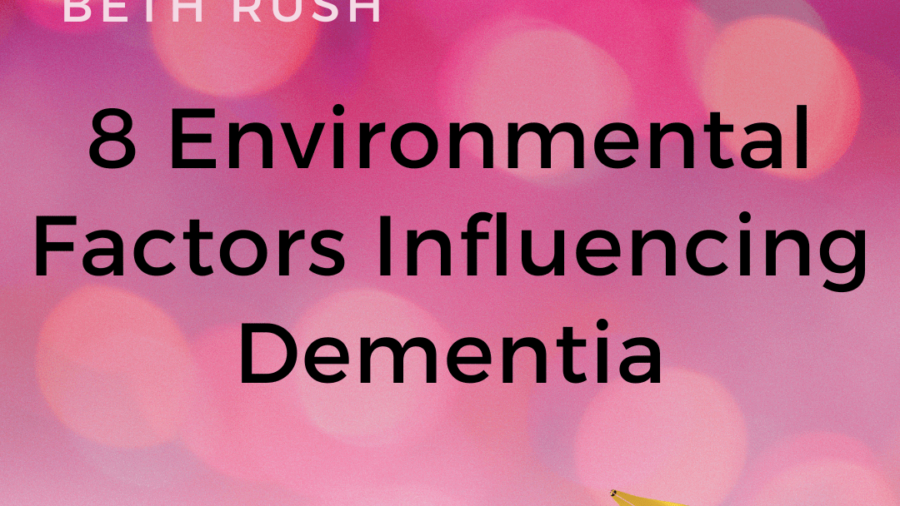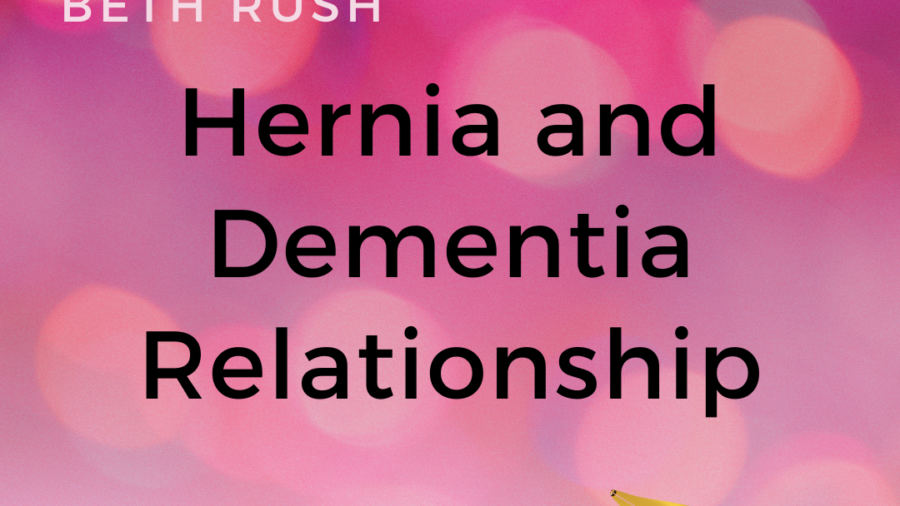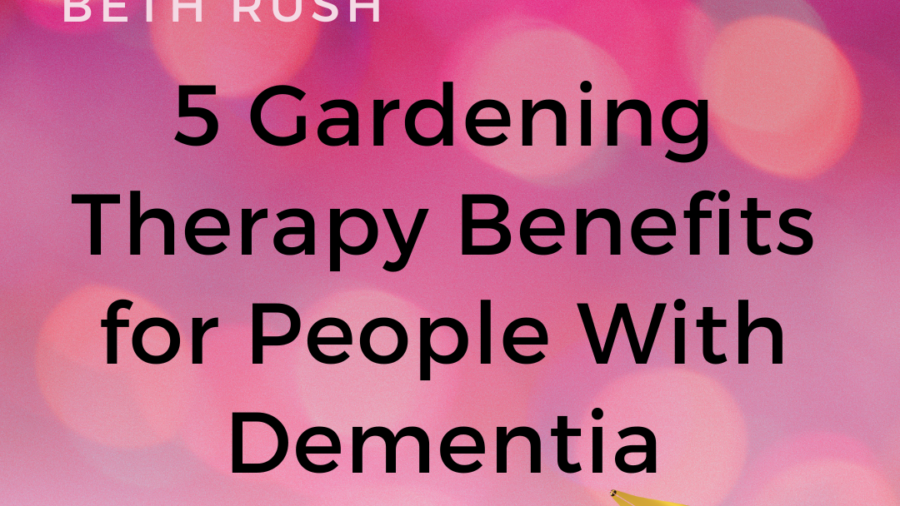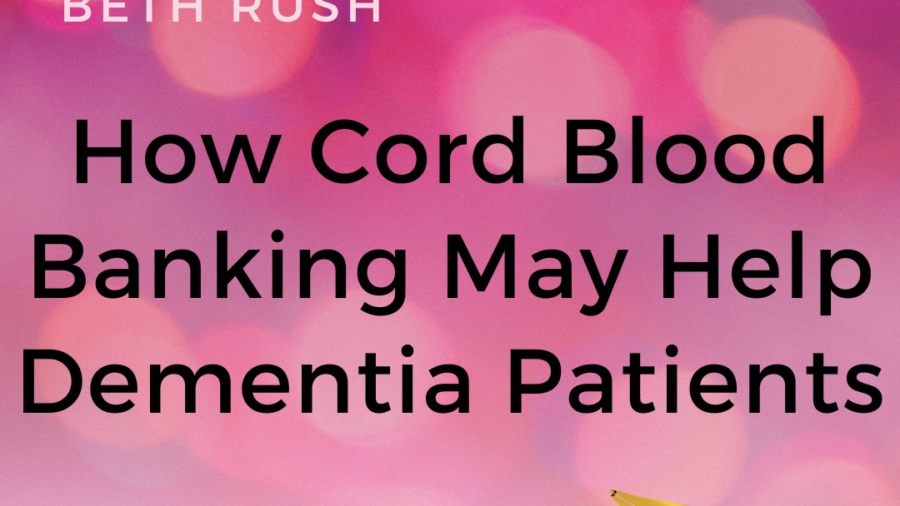Every day can be chaotic and confusing for people with dementia. Caregivers often feel overwhelmed with their new responsibilities of helping their loved ones. You can help ease their anxieties and bring a small sense of normalcy to both of your lives by integrating routines.
Beth Rush
Taking time to process a family member or friend’s Alzheimer’s or other dementia diagnosis is understandable. When you’re ready to think about everyone’s next steps, it’s crucial to consider financial planning for your loved one.
The link between sleeping and dementia is as complex as in many chronic illnesses. Insomnia treatments are often the answer. The condition makes falling and staying asleep more challenging, but a lack of adequate shuteye increases disease symptoms. Around and around the vicious cycle you go.
Many diseases have a genetic component, including dementia, but environmental factors can be an influence. Learn how to mitigate the risk.
Understanding the connection between a hernia and dementia risk can help you make more informed decisions for yourself and your loved ones.
Eating more omega-3s can reduce dementia risk along with any other conditions that affect memory. Here’s 6 tips to easily eat more seafood.
Gardening Therapy is an ancient practice now recognized as medical therapy. Let’s explore how it can help your loved one living with dementia.
Dementia is a progressive disease that affects the brain. Learn about the benefits of group exercise for individuals living with dementia.
Millions of people are diagnosed with a neurological disease each year. Learn how Cord Blood Banking might help those living with Dementia.

